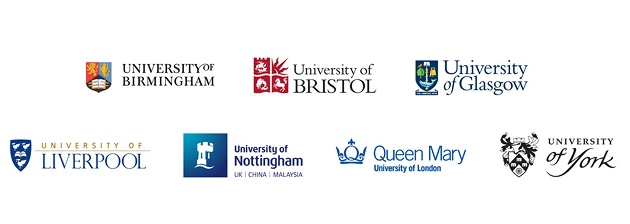Search Universities
| Country | University | |
|---|---|---|
- Home page /
- Universities /
- Canada
Canada
UNIVERSITIES WHERE YOU CAN STUDY BEST
-
University of Toronto
-
University of British Columbia
-
McGill university
-
McMaster university
-
University of Alberta
-
University of Montreal
-
University of Waterloo
-
University of Ottawa
-
University of Calgary
-
Western university
-
University Laval
-
Dalhousie university
-
Queen's university
-
Simon Fraser university
-
University of Victoria
-
University of Saskachewan
-
University of Guelph
-
University of Manitoba
-
York university
-
Carleton university
-
Concordia university
-
Memorial university of Newfoundland
-
University of Windsor
-
Toronto Metropolitan university
-
University of New Brunswick
-
Ontario technology university
-
University of Regina
-
Wilfrid Laurier university
-
Lakehead university
-
University of Northern British Columbia
-
University of Lethbridge








Arzuwlaryma yol açan merkez
Men bu merkezde diňe bilim däl, eýsem uly goldaw we ruhlandyryjy gurşawy tapdym. Mugallymlaryň sabyrlylygy we ugrukdyryşy üçin örän minnetdar.More
Gurbanýazowna Gülşat Begenjowa
Student
Netijeli bilim, güýçli maksat
Globalda okamak bilen bilimime bolan garaýşym düýpgöter üýtgedi. Indi men maksat goýmagy we şoňa tarap sabyr bilen işlemäni öwrenýärin.More
Gurbanýazowiç Omar Gurbanýazow
Student
Globalda alan tejribän
Men "Global" okuw merkezine gatnap başlanym bäri özümi has kämilleşdirdim. Indi men daşary ýurt okuwlaryna girmäge taýýarlanýaryn. Bu ugurda maňa "...More
Nazarow Bagtyýar Begnazarowiç
Student